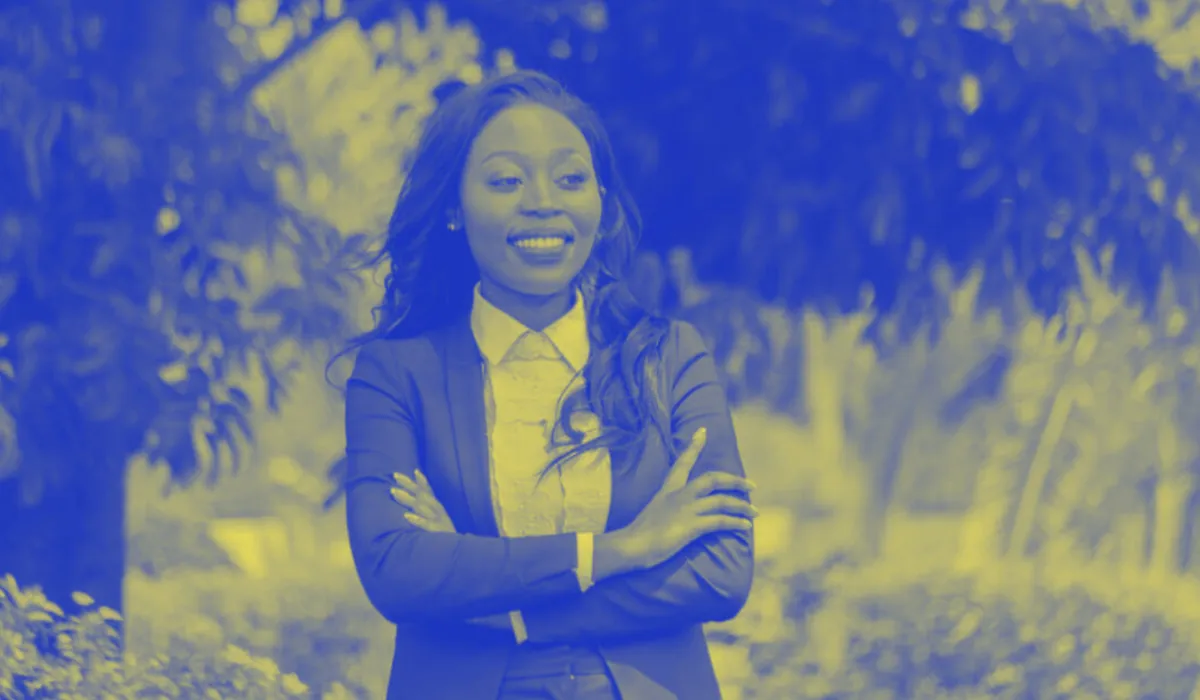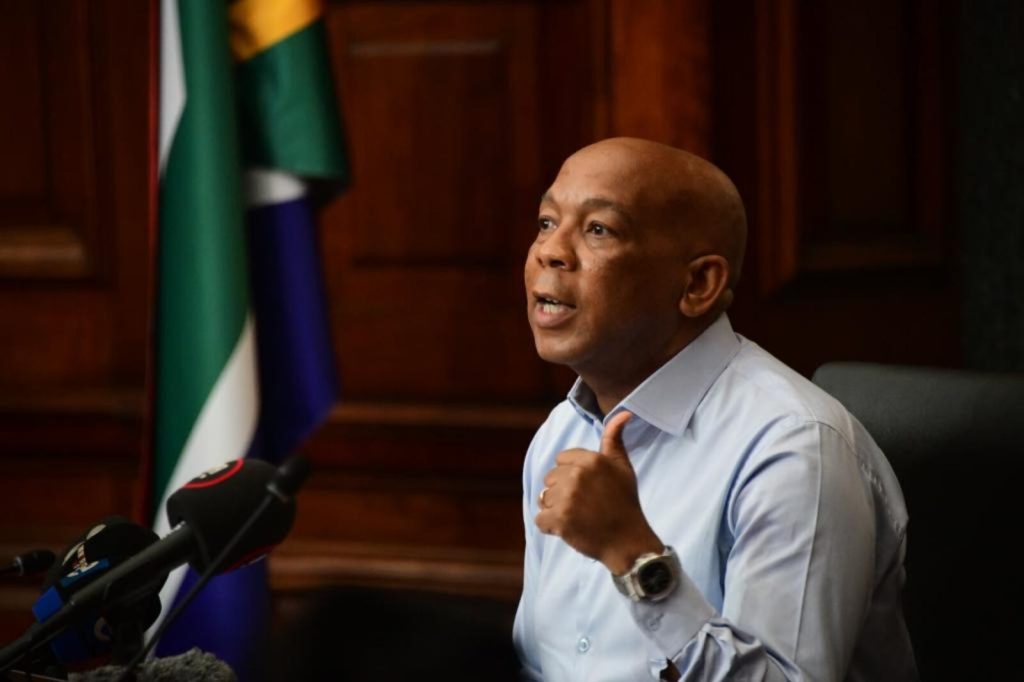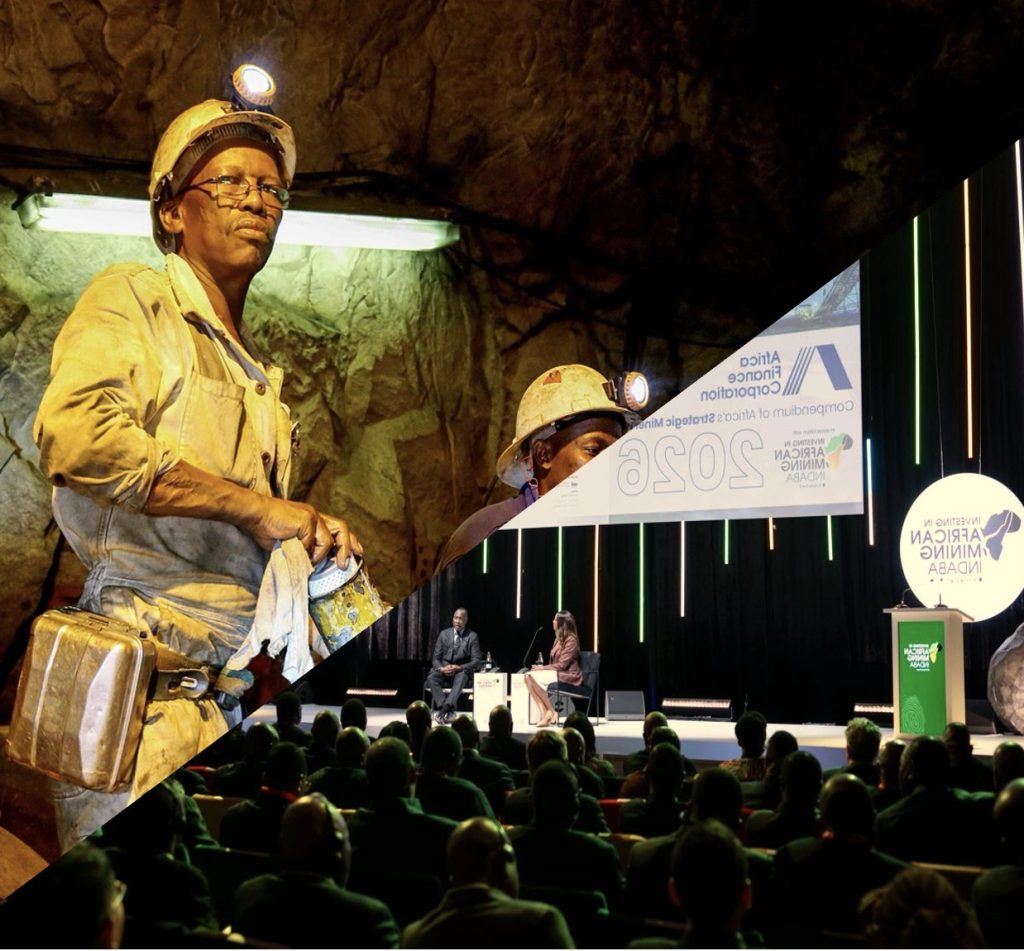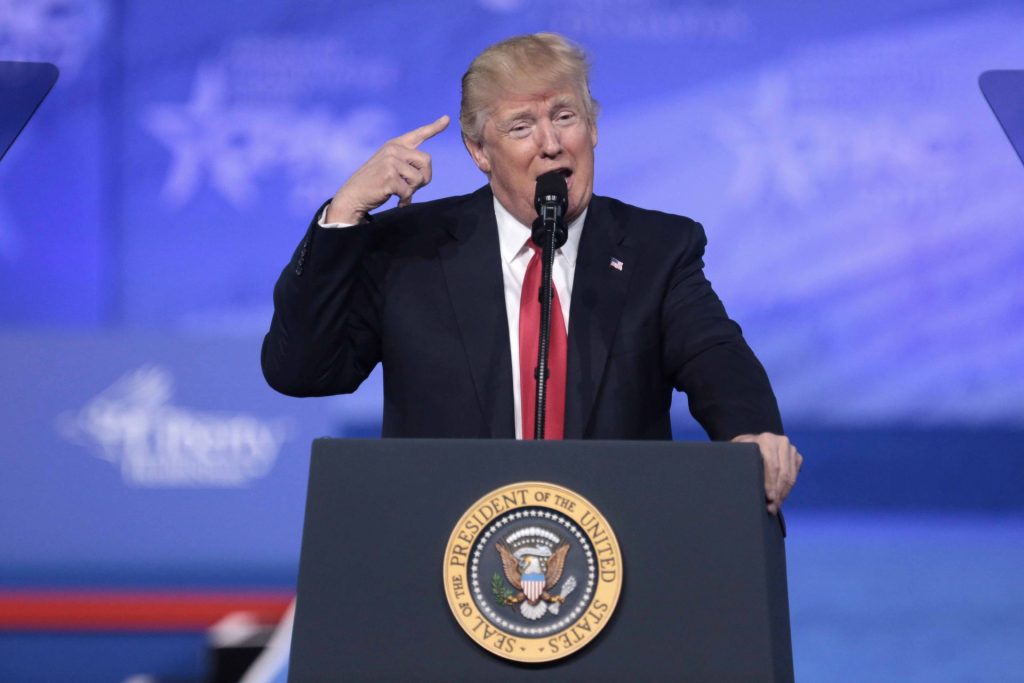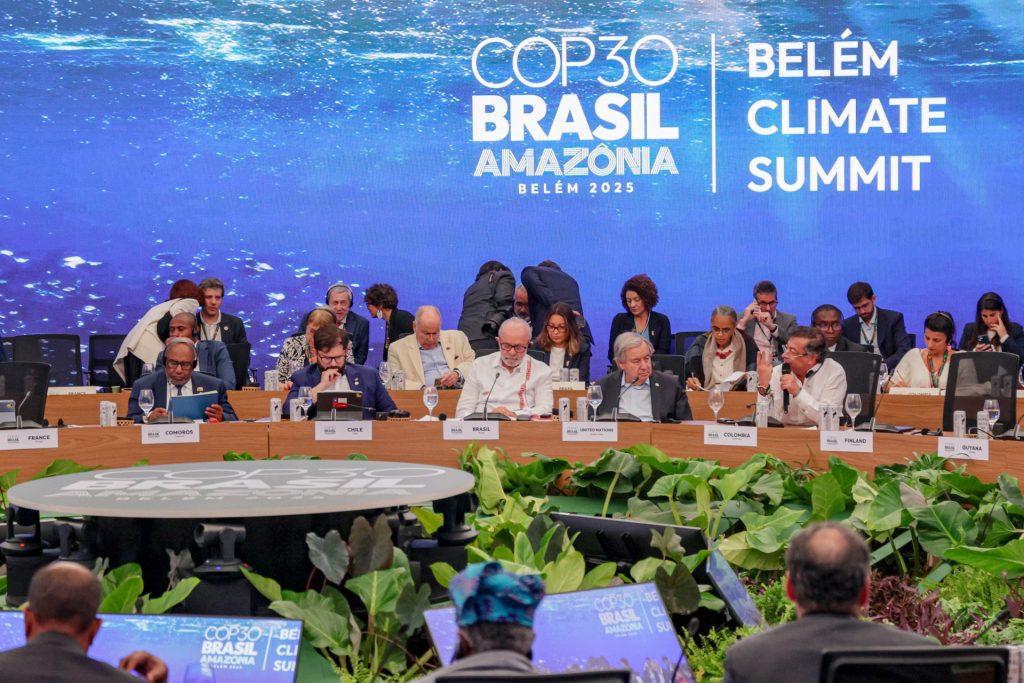As frustrations have grown with developed country refusals on climate finance and polarised, belligerent or inflexible positions in the negotiations, so has interest in the use of global climate litigation as a means to force the hand of developed countries. However, international law on the liability for climate harms is murky, and is awash with unanswered questions around what legal duties, if any, states bear when it comes to climate change, and the consequences of liability given the varied nature of climate impacts globally and across generations.
To provide legal clarity on these issues a group of law students in Fiji motivated their government to galvanise a Pacific-led campaign for the International Court of Justice (ICJ) to issue an advisory opinion on the legal obligations and related liabilities of states regarding climate change. The group was able to persuade the UN General Assembly to vote in favour of it being issued last year and legal proceedings have already commenced within the ICJ. As is normal for proceedings of this nature, following an invitation by the court, many countries and regional organisations have been admitted to participate in the proceedings, including the EU, the Commission on Small Island States, and in April last year, the African Union (AU). But inputs are more than just regional. While the AU’s input is important, much more is needed. We spoke with Nomasango Masiye Moyo, a co-ordinator of the Environmental Lawyers Collective for Africa at Natural Justice, who has been behind a campaign to corral more African states to have a say in the proceedings and make written submissions.
Reflecting on the importance and breadth of the ICJ’s advisory opinion, she noted “it is definitely a David and Goliath situation where you have a small group of students taking on such a large and debated topic. The issue of the planetary crisis and the climate crisis in and of itself is quite a huge topic globally. To get the highest judicial organ in terms of our international legal jurisdiction to listen and to take an active role in opening on liability will have significant implications for courts across the world in terms of its persuasive value.” Even though it is meant to be of persuasive value only, depending on its findings, it is also going to strengthen the position of climate vulnerable countries in international negotiations. Reflecting on the significance, she commented that “there are still a lot of powerful institutions and a lot of powerful individuals that are deniers of the planetary crisis. The fact that this process is going on…legitimises the occurrence of the climate crisis and also gives us tangible guidelines on what to do going forward.”
The Court is going to have to interpret and answer a number of important and different questions. According to Moyo, these include the financial obligations of different states when it comes to climate change impacts, and whether different states are more financially responsible than others when it comes to paying for loss and damage. Other questions might include whether intergenerational rights are part of states’ obligations.
Given the importance and relevance of these questions to African countries and their unique and varied experiences of climate change, in Moyo’s view, more of them should be making submissions. But to do so they need to be admitted early on, by at least 22 March 2024. If not, they cannot make submissions later in the proceedings. In light of this, during the course of last year, Moyo and her team at Natural Justice engaged a number of African governments through different country lawyers within their jurisdictions, including Nigeria, Zimbabwe, South Africa, Namibia, Madagascar, and Uganda. Their approach was to suggest varying climate and legal considerations that would apply in each country to initiate a dialogue within ministries and departments on whether they were going to make submissions to the ICJ and on what points. Some of these proposed issues included the protection of indigenous peoples rights and the voices of communities affected by climate change, and a host of other priorities that they felt were specific to Africa. However, the uptake was low. “During that process we were getting increasingly disappointed by the lack of engagement with us when it came to dialogue and process. We had obstacles wherever we looked.” At present the number of African countries admitted to the proceedings stands at 11. According to Moyo, however, that is not nearly enough: “Africa has 54 countries, it is quite saddening to see.”
She thinks the reasons for this low uptake are complex and varied but can be linked to the complex relationship between the ICJ and Africa. This can be traced back to the historical legacies of international courts and institutions generally, where African countries were excluded from having a say in their establishment and design. Moyo believes this has led to a bias against them. Despite these legacies, though, African states have since gained their independence. In her view, most of them should be well versed in democratic principles and ideals by now. These include the rule of law and its power as a vehicle for social justice, social change, and human rights protection. “African countries now have a platform and a voice to participate in dialogue about something as a planetary crisis and the liability of states in respect of our crisis. I think Africa should really not allow this subconscious bias to hold it back from participating in the process.” This is all the more so given that the ICJ has proven itself to be a driver of human rights protection and it is a progressive court with numerous landmark decisions, and excellent opinions. As Moyo states: “not actively participating in these progressive [discussions] robs Africa of the opportunity to advocate for the interests and wellbeing of its people.”
According to Moyo, the complicity of some African governments in the development of fossil fuel projects may also explain the reluctance of some African states to fully engage with legal interpretations of accountability regarding climate change. But in her view, this is not representative of its people. “We have seen a lot of climate litigation and environmental litigation on the continent in the last 10 years, and that’s proof enough together with certain campaigns that are ongoing, that African people are pushing back when it comes to fossil fuel projects. There is a desire for them to be downscaled and to launch just energy transition projects – it’s important to make that distinction.”
On the question of whether there were any consistent themes or positions in the African submissions that had been made to the court, Moyo expressed concern with the lack of transparency of the process. The Court does not make legal submissions public at this stage, be it on its website or other channels, and so it is difficult to provide support or understand what is being put forward by each party. Fortunately, civil society organisations that have made submissions such as Natural Justice, Green Connection, and World Youth for Climate Justice have made them public. However, these documents do not form part of the official record of the court, and do not find their way into oral submissions. They don’t have as much weight as other state submissions because these organisations do not have what is called “standing” to be part of the proceedings.
With the window for admission now having closed, those African countries that have not been admitted to participate will have to pursue other avenues if they now wish to be involved. They can do so by supporting and galvanising those African countries that are already admitted and the AU. They can also use any favourable findings of the court in their own jurisdictions, whether that is through policy implementation, the enactment of law or establishing structures for the better enforcement and implementation of existing environmental protection regulations.

